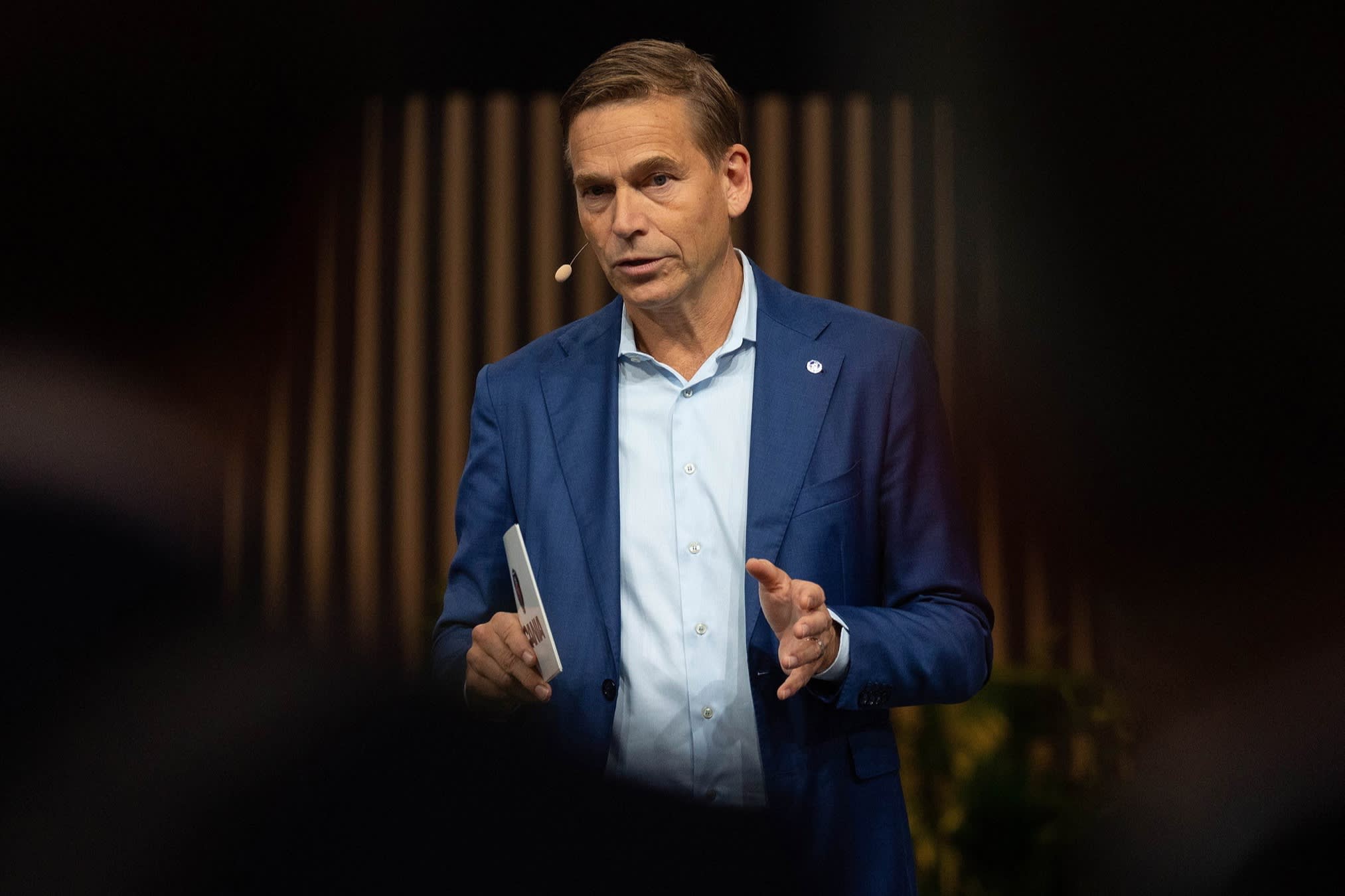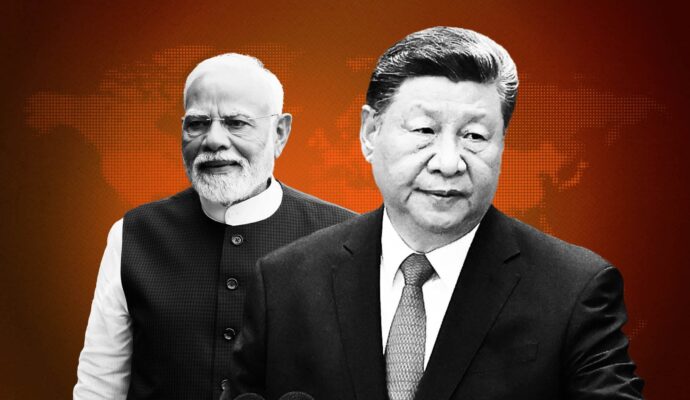Unlock the Editor’s Digest for free
Roula Khalaf, Editor of the FT, selects her favourite stories in this weekly newsletter.
Scania intends to export half of the trucks to be built at its new €2bn plant in China as the Swedish group doubles down on manufacturing in the world’s largest commercial vehicle market despite rising geopolitical tensions.
Chief executive Christian Levin told the Financial Times that the Volkswagen-owned group was preparing for a wave of Chinese-made trucks by staying close to rivals who are producing cars in the country and competing fiercely on technology.
“China has more free trade agreements with countries in the world than the European Union. We will, of course, take advantage of any export opportunity,” Levin said in an interview.
At least half of the trucks manufactured at the plant in the eastern Chinese city of Rugao would be exported to Asia and Oceania, Levin said. The plant is set to begin production in October.
The investment — its biggest outside Sweden in six decades — makes Scania one of a select group of foreign vehicle manufacturers to have been granted a licence to operate a fully-owned plant in China, following in the footsteps of Tesla’s Shanghai gigafactory.
It also bucks a broader trend among western truckmakers, which have been reducing their exposure to the world’s largest commercial vehicle market. German rival Daimler Truck recently told the FT it would not rule out an exit from manufacturing in China, with chief executive Karin Rådström saying it was “not an easy market to be profitable in”.
Scania’s Rugao plant, an addition to its existing manufacturing facilities in Europe and Brazil, would offer the company greater flexibility in allocating production depending on the geopolitical situation, Levin said.

The group’s board signed off on the investment in order to stay close to the sector’s cutting-edge technology, as the group braces for Chinese truckmakers to make inroads to global markets in the same way as carmakers such as BYD have done.
“The Chinese manufacturers today are predominantly strong in China, but that’s today,” he said. “I’d rather take on the competition and try to beat them in their home market. And if we can do that well, then we know that we can do that well anywhere in the world.”
Scania has also persuaded Beijing that its efficient tailor-made manufacturing technology could help transform the country’s heavy vehicle industry. The Chinese government in turn has asked Scania to increase production quickly to its full capacity of 50,000 units.
“[It] has been very clear in the discussions with government officials on both local and central level that they would like Scania to bring a lot of cutting-edge technology that we have in our toolbox to China,” said Levin, describing the approval process as “swift”.
The investment comes as sales of diesel trucks in China have taken a hit following a shift to liquefied natural gas-powered vehicles, and a weakening domestic economy.
About 900,000 heavy-duty trucks were sold in China last year, according to the China Association of Automobile Manufacturers, down 44 per cent from a peak in 2020, as sales of diesel-powered trucks plunged. The top three best-selling truckmakers in the country are all state-owned companies, commanding a combined 60 per cent market share.
Levin said he was not expecting a major rebound in China’s overall heavy goods vehicle market, but predicted demand for premium transport would take off next year after Beijing tightens emission standards. It plans to offer diesel engines that can also run on biodiesel to reduce emissions.
However, Scania’s bet on China comes at a time when local rivals have big plans to electrify traditionally gas-guzzling juggernauts. Robin Zeng, founder of China’s battery group CATL, recently told the FT he expected half of all new trucks sold in the country to be electric by 2028.
Levin said trucks to be produced at the new China plant would feature a “Lego-like” design, which will allow internal combustion engines to be interchanged with battery packs inside a vehicle.
The first model to be produced in Scania’s Rugao factory will have an internal combustion engine. However, Levin said the company was in no hurry to commit capital to any single energy solution, until it becomes clear “which technology [would] be the standard and which one will win the race”.


